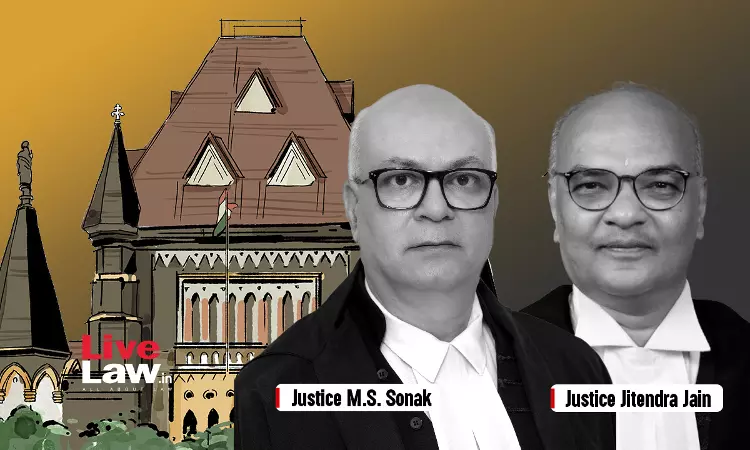- Home
- /
- High Courts
- /
- Bombay High Court
- /
- Courts Cannot Mandate Retrospective...
Courts Cannot Mandate Retrospective Correction Of Errors In Legislation: Bombay High Court
Saksham Vaishya
14 July 2025 1:35 PM IST
The Bombay High Court has held that courts cannot issue writs directing the legislature to correct alleged “clerical errors” in enacted laws or to give retrospective effect to legislative changes. It held that even if a change in the customs tariff is perceived as corrective or clarificatory, granting retrospective effect to such changes falls exclusively within the legislative...
The Bombay High Court has held that courts cannot issue writs directing the legislature to correct alleged “clerical errors” in enacted laws or to give retrospective effect to legislative changes. It held that even if a change in the customs tariff is perceived as corrective or clarificatory, granting retrospective effect to such changes falls exclusively within the legislative domain.
A Division Bench of Justices M.S. Sonak and Jitendra Jain was deciding a petition filed by Aarti Drugs Limited, challenging the omission of tariff items under a sub-heading 293359 of Chapter 29 of the Customs Tariff from the Third Schedule of the Finance Act, 2022. The Petitioner sought a direction to revise the basic customs duty (BCD) rate from 10% to 7.5% with effect from May 1, 2022.
Although the tariff anomaly was later corrected prospectively, the Petitioner contended that the omission was a clerical error and should be corrected retrospectively.
Rejecting the prayer, the Court observed:
“It is not for this Court to rule on what the Petitioner describes as errors, obvious errors or clerical errors in a legislative instrument... The Courts interpret the laws enacted by the Legislature. They may, if a case is made out, strike down a law if it is ultra vires the Constitution. But they do not encroach upon the domain of the Legislature by directing it to enact a law or to correct what they believe may be errors in such enacted law.”
The Court further noted that merely because the legislature has intervened prospectively and brought about changes in the legislation, the court cannot draw an inference that the legislature has accepted the position that there were errors in the unamended legislation. Since the changes have been given a prospective effect, the court cannot direct that such changes must be given a retrospective effect.
“...no relief can be ordinarily granted by the Court to direct the legislature to give retrospective effect to a legislative measure. All this would amount to encroaching on the domain primarily reserved for the Legislature by our Constitution,” the court observed.
As for the Petitioner's alternate prayer seeking a direction to the Union to decide a pending representation dated March 23, 2024, the Court declined to issue a writ of mandamus but requested that the respondents consider the representation and a forthcoming supplementary representation within a reasonable time.
Accordingly, the petition was disposed of without costs.
Case Title: Aarti Drugs Limited v. Union of India & Ors. [Writ Petition (L) No. 31254 of 2024]



